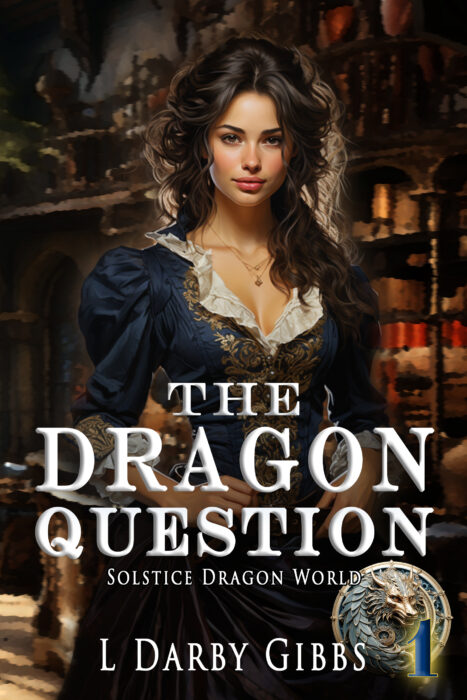I like time travel stories because the character that travels in time still has to deal with who he or she is. In my first novel of the series I am writing, the main character Brent Garrett is impulsive and tends to do what is immediately important to him. That impulsiveness sets in motion a series of actions that ultimately send him back in time 200 years. But he takes that impulsiveness with him. Though it is not a fatal flaw, it is a flaw which effects everything he does. That is what I like about a time travel story, I can work with those distinct qualities of character. There can be growth and change, epiphany and conflict as the character either becomes aware of that innate flaw or responds to the results of it by adjusting how he or she reacts. In the first book, In Times Passed, Garrett does not come to understand that he is the reason behind his actions, but he does work to make his reactions more productive. (And he does actually come face to face with the person responsible for his troubles, hee, hee). As the series progresses, he does mature, though he is not the main character of each book as different individuals take on the role at center stage. Students of Jump 1 (In Times Passed) and 2 (No Time Like the Present) are largely focused on Brent Garrett. The second book does contain a different main character, Garrett’s daughter. She too travels in time and carries her own baggage, initially created by the actions of her father but sustained by her own.
I also enjoy humor, especially in the bantering between characters, and that is a key element in my writing in this series. People (and for fiction: characters) who truly care about each other have the ability to use language in such a manner that it tips ideas, memory and experience, a repertoire per say of the links between two people, that make for dialogue that shows depth and connection. I enjoy building characters that connect tightly with other characters and seem to enjoy each other’s company.
